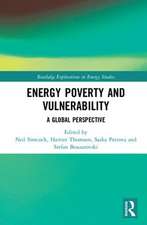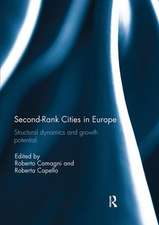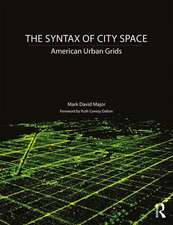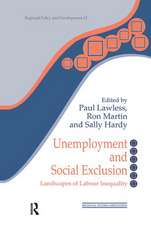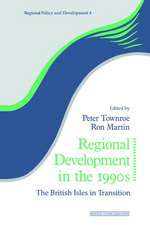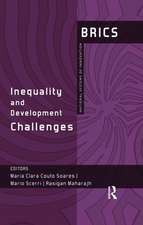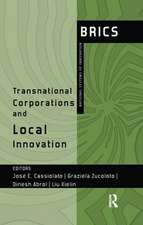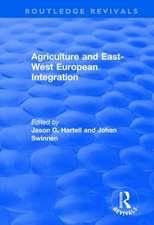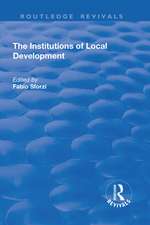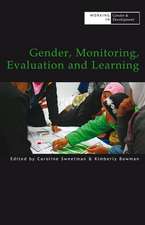Palestine Ltd.: Neoliberalism and Nationalism in the Occupied Territory: SOAS Palestine Studies
Autor Toufic Haddaden Limba Engleză Paperback – 20 feb 2018
| Toate formatele și edițiile | Preț | Express |
|---|---|---|
| Paperback (1) | 198.68 lei 43-57 zile | |
| Bloomsbury Publishing – 20 feb 2018 | 198.68 lei 43-57 zile | |
| Hardback (1) | 773.81 lei 43-57 zile | |
| Bloomsbury Publishing – 27 iul 2016 | 773.81 lei 43-57 zile |
Preț: 198.68 lei
Preț vechi: 244.23 lei
-19% Nou
Puncte Express: 298
Preț estimativ în valută:
38.05€ • 39.20$ • 31.87£
38.05€ • 39.20$ • 31.87£
Carte tipărită la comandă
Livrare economică 24 februarie-10 martie
Preluare comenzi: 021 569.72.76
Specificații
ISBN-13: 9781788312707
ISBN-10: 1788312708
Pagini: 354
Dimensiuni: 138 x 216 x 32 mm
Greutate: 0.39 kg
Editura: Bloomsbury Publishing
Colecția I.B.Tauris
Seria SOAS Palestine Studies
Locul publicării:London, United Kingdom
ISBN-10: 1788312708
Pagini: 354
Dimensiuni: 138 x 216 x 32 mm
Greutate: 0.39 kg
Editura: Bloomsbury Publishing
Colecția I.B.Tauris
Seria SOAS Palestine Studies
Locul publicării:London, United Kingdom
Notă biografică
Toufic Haddad holds a PhD from SOAS, University of London. He is co-author of Between the Lines: Israel, the Palestinians and the US War on Terror (2007) and previously worked for different UN bodies in Jerusalem.
Cuprins
IntroductionPart I: BackgroundNeoliberal Approaches to Conflict Building and StatebuildingGetting to Peace: Survey of Historical Political Economic Factors Leading to the Oslo Peace ProcessPart II: Peacebuilding? 1993-20003.Modeling a Resolution4.The Voyage: Neoliberal Peacebuilding in Practice 1993-20005.The Enforcer: Structural Determinants of Palestinian Political Economy - The Israeli Contribution6.The Guestimate: Structural Determinants of Palestinian Political Economy - International Aid Contributions7.Palestinian Political Actors Negotiate Neoliberal Peacebuilding8.Rents, Rent-Seeking and the Political Settlement of the Oslo YearsPart III: Statebuilding?9.Reform and Statebuilding10.'Fayyadism'11.Incentivizing De-DevelopmentConclusion

















